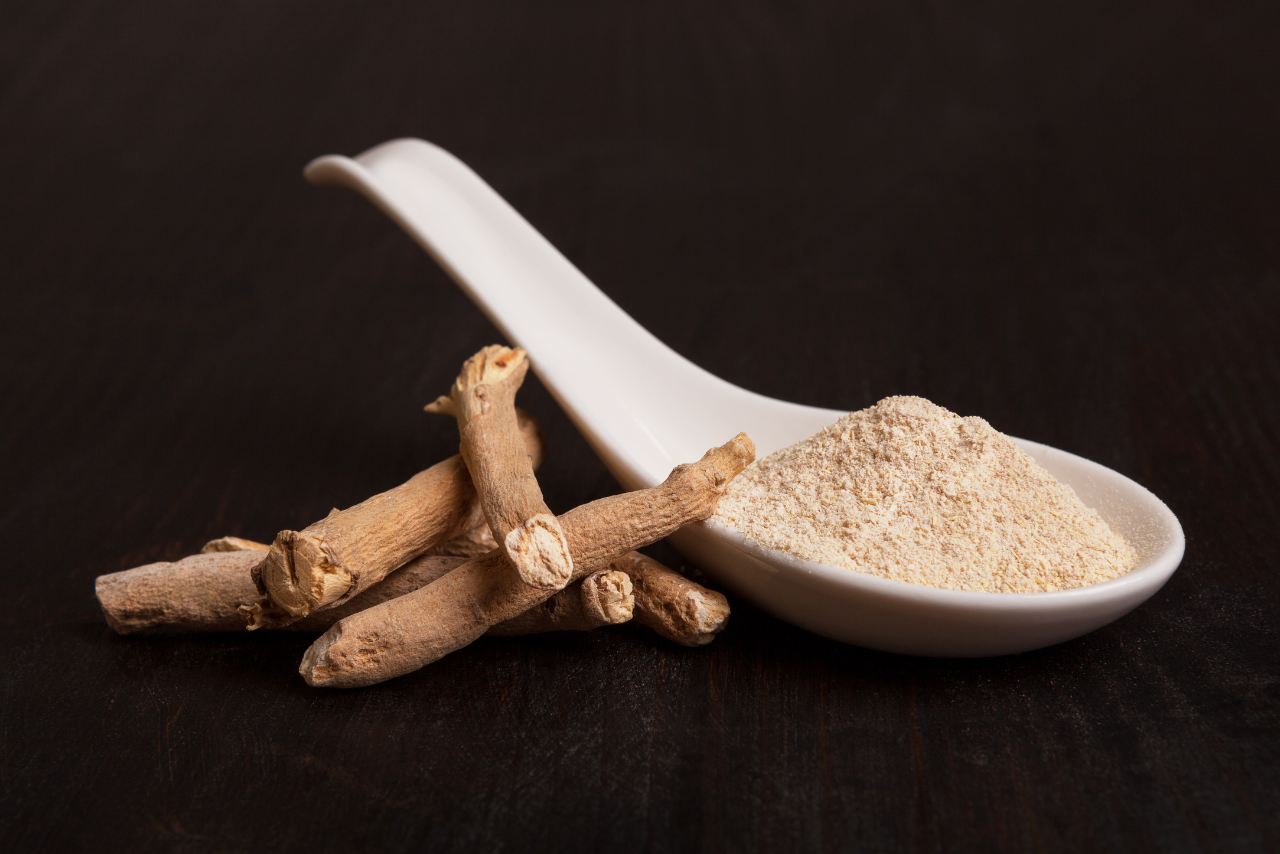
Can Teens Take Ashwagandha?
December 7, 2024
Yes, teens can take ashwagandha in certain cases, but its safety and effectiveness depend on individual factors and should always be guided by a healthcare professional. Ashwagandha, an ancient medicinal herb from Ayurvedic medicine, has been gaining popularity for its potential benefits in reducing stress, improving sleep, and enhancing overall well-being. With its natural origins and adaptogenic properties, many parents wonder if it’s suitable for their teens during this crucial period of physical and emotional development, often marked by stress, anxiety, and sleep disturbances. Could ashwagandha help teens navigate these challenges, or are there potential risks involved?
This article explores what ashwagandha is, its potential benefits and risks for teenagers, and whether it’s an appropriate supplement for them. If you’re considering ashwagandha for your teen, it’s essential to consult with a healthcare professional and understand how it might impact their health. Let’s dive into the details.
Have questions about your teen’s well-being? Call us today or visit our Admissions Page to explore how Hillcrest can support your family.
What Is Ashwagandha?
Ashwagandha is an adaptogenic herb widely used in traditional Indian medicine. Adaptogens are natural substances believed to help the body adapt to stress, balancing hormones and calming the nervous system. Commonly referred to as “Indian ginseng,” ashwagandha has been studied for its potential to:
- Reduce stress and anxiety
- Improve sleep quality
- Boost immunity
- Enhance memory and cognitive function
- Increase physical strength and stamina
Ashwagandha is available in various forms, including capsules, powders, and teas, and it is often marketed as a safe and natural remedy for a wide range of health concerns.
Can Teens Safely Take Ashwagandha?
Potential Benefits for Teens
Adolescents face numerous pressures, from academic performance and social relationships to extracurricular activities. Ashwagandha’s adaptogenic properties could provide support in several key areas:
- Stress and Anxiety Reduction: Studies suggest ashwagandha may lower cortisol levels, the hormone responsible for stress. For teens experiencing anxiety, this could promote a sense of calm.
- Improved Sleep: Sleep disturbances are common among teens, often due to stress or hormonal changes. Ashwagandha may help regulate sleep patterns by promoting relaxation.
- Enhanced Focus and Energy: The herb’s potential to improve cognitive function and stamina may help teens stay focused on their studies and other responsibilities.
- Immune Support: During adolescence, a healthy immune system is vital. Ashwagandha may strengthen the body’s natural defenses.
Risks and Considerations
While ashwagandha is generally considered safe for adults, its effects on teens are not as thoroughly researched. Some potential concerns include:
- Hormonal Impact: Ashwagandha can influence hormone levels, which might interfere with the natural hormonal changes teens experience during puberty.
- Allergic Reactions: As with any herbal supplement, there’s a risk of allergic reactions, such as rashes or gastrointestinal discomfort.
- Medication Interactions: Ashwagandha may interact with medications, such as those for anxiety, depression, or ADHD, which are commonly prescribed to teens.
- Quality and Purity: Dietary supplements are not regulated as strictly as pharmaceuticals. Low-quality ashwagandha products may contain contaminants or inconsistent dosages.
How to Introduce Ashwagandha to Teens Safely
If you’re considering ashwagandha for your teen, it’s essential to take a cautious and informed approach. Here are some tips:
- Consult a Healthcare Professional: Speak with a doctor or pediatrician before introducing any supplement to your teen’s routine. They can assess whether ashwagandha is appropriate based on your teen’s medical history and current needs.
- Choose High-Quality Products: Look for ashwagandha supplements from reputable brands that are third-party tested for purity and potency.
- Start with a Low Dose: Begin with the lowest effective dose to observe how your teen responds. Gradually increase if advised by a healthcare provider.
- Monitor for Side Effects: Keep an eye out for any adverse reactions, such as digestive upset, dizziness, or changes in mood or energy levels.
- Encourage a Holistic Approach: Ashwagandha should not replace other healthy habits. Promote stress management through balanced nutrition, regular exercise, mindfulness practices, and open communication.
Are There Alternatives to Ashwagandha?
If you’re hesitant about ashwagandha, there are other natural approaches to supporting teen health and well-being:
- Chamomile Tea: Known for its calming effects, chamomile tea can help reduce stress and improve sleep.
- Magnesium Supplements: Magnesium supports relaxation and muscle function, which can help with sleep and stress relief.
- Healthy Lifestyle Changes: A balanced diet, regular physical activity, and consistent sleep routines are foundational for reducing stress and improving mental health.
When Should Teens Avoid Ashwagandha?
Ashwagandha may not be suitable for all teens. It should be avoided in the following cases:
- Pre-existing Health Conditions: Teens with autoimmune disorders, thyroid issues, or hormone-sensitive conditions should avoid ashwagandha unless directed by a doctor.
- Pregnancy: Ashwagandha is not recommended for pregnant teens due to its potential effects on hormone levels.
- Use of Certain Medications: Teens taking medications for anxiety, depression, or other conditions should consult their doctor before using ashwagandha.
The Importance of Professional Guidance
While ashwagandha has promising benefits, every teen is unique. Consulting a healthcare professional ensures that your teen’s specific needs and health conditions are taken into account. This minimizes risks and helps you make informed decisions about their wellness journey.
Call us Today At Hillcrest for Support
Ashwagandha may offer benefits for teens, but it’s essential to approach its use with caution and professional guidance. While this adaptogenic herb has been shown to reduce stress and improve sleep in adults, more research is needed to confirm its safety and effectiveness for teenagers. If you’re exploring ways to improve your teen’s mental health and overall well-being, Hillcrest Adolescent Treatment Center is here to help. Located in Agoura Hills, California, our center specializes in providing compassionate care for teens navigating life’s challenges. At Hillcrest, we offer a range of therapeutic services designed to address anxiety, stress, and other mental health concerns. Our team of experienced professionals works closely with families to create personalized treatment plans that empower teens to thrive.
Don’t hesitate to reach out for guidance on supplements, stress management techniques, or mental health support. By focusing on a holistic approach to health and consulting with healthcare providers, parents can ensure that their teens receive the support they need to navigate adolescence confidently. Call us today or visit our admissions page to learn more about our services and how we can support your teen on their journey to wellness.


